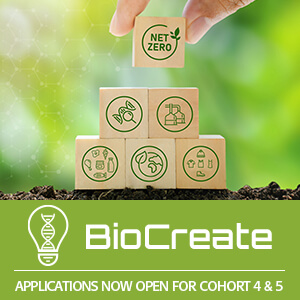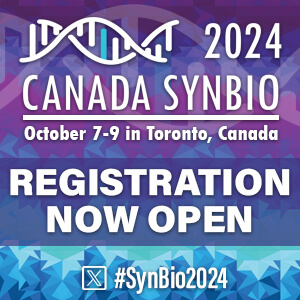In response to a need for a simpler, more cost-effective and environmentally responsible solution for treatment of wastewater, Ontario Genomics supported Bishop Water Technologies (BWT) to partner with Dr. Christopher Weisener and his colleague Dr.Rao Chaganti of University of Windsor. This research project also earned an NSERC Engage Plus award, based on previous success with an NSERC Engage grant for which Ontario Genomics contributed strategy and proposal development.
Their goal?
To find a solution for BWT’s product, BioCord, that would be:
- affordable to communities
- environmentally responsible
- simpler to operate
- compliant with Federal and existing provincial regulations
Towards a unique collaboration
We know that the composition of nutrients (i.e. phosphate, nitrate levels) varies across different water environments, and microorganisms accumulate different types of nutrients. Biofilm forms when a natural substance like bacteria adheres to water surfaces and creates a slimy residue. Although biofilm grows on any surface where water and nutrients are present, some natural systems only provide a limited amount of surface area for biofilm to develop.
Bishop Water Technologies (BWT) is an Ontario-based technology and engineering water company which delivers a unique and innovative suite of services and solutions for environmental challenges facing the water industry.
One of BWT\’s products is BioCord, a man-made inert polymer scaffold that provides more surface area for nutrient cycling biofilm to develop, thereby improving the efficiency of (waste) water treatment at a fraction of the cost, without requiring any chemicals. BWT offers 10 types of BioCord to its clients, and evaluates parameters of the water to be treated such as biological oxygen demand (BOD) and amount of suspended solids in order to select the best type of BioCord.
With financial support from Ontario Genomics, as well as scientific expertise from Dr. Christopher Weisener, the team is working together to characterize the microbial ecosystem through genomic sampling. This will support future studies to identify and quantify microbes as well as determine their activities within each type of BioCord to understand nutrient removal, ultimately improving the cost and efficiency of wastewater treatment and reducing point source nutrient loads to the Great Lakes.




